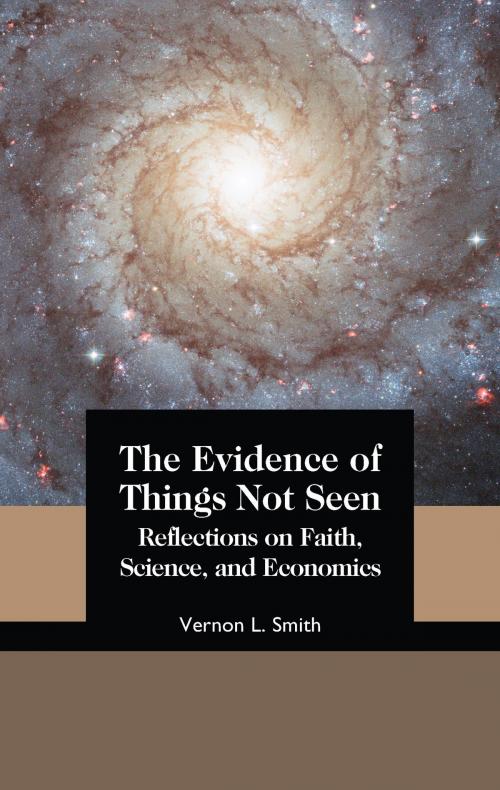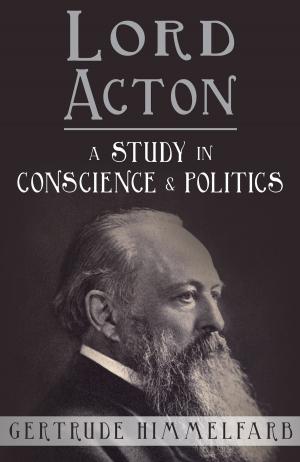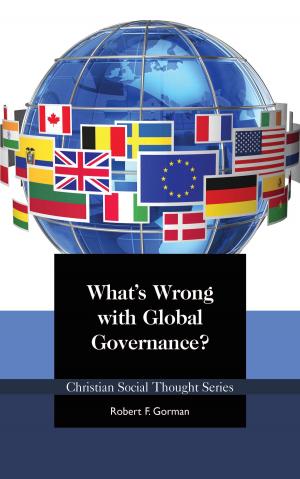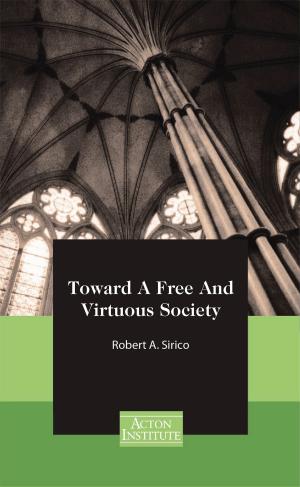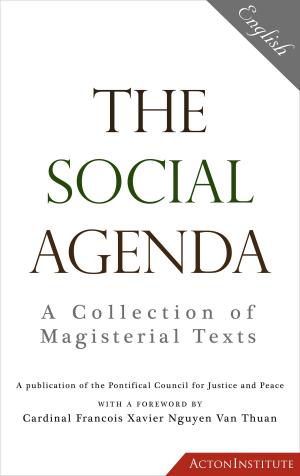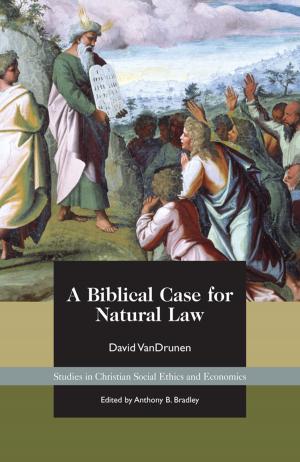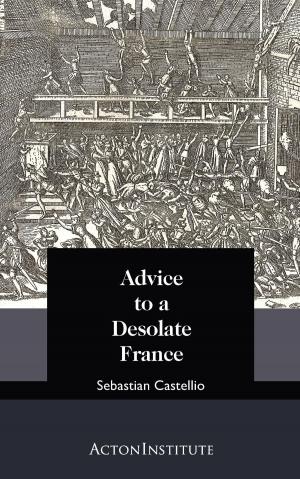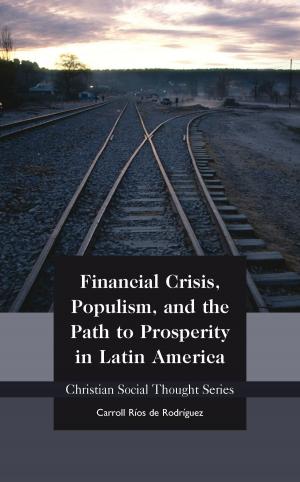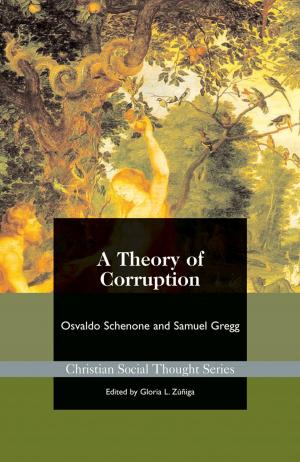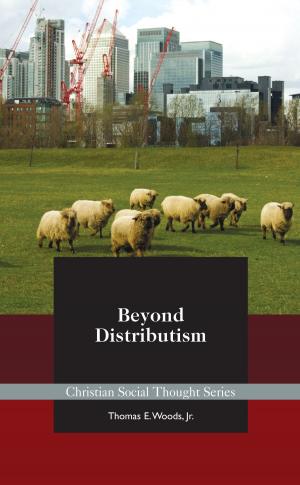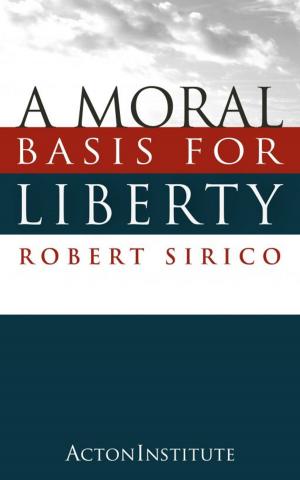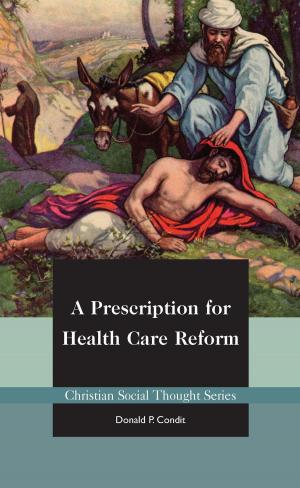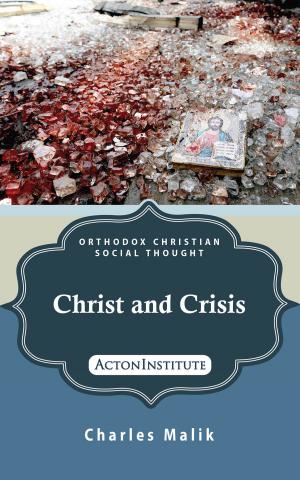The Evidence of Things Not Seen: Reflections on Faith, Science, and Economics
Nonfiction, Religion & Spirituality, Christianity, Christian Science| Author: | Vernon Smith | ISBN: | 9781942503705 |
| Publisher: | Acton Institute | Publication: | December 1, 2017 |
| Imprint: | Smashwords Edition | Language: | English |
| Author: | Vernon Smith |
| ISBN: | 9781942503705 |
| Publisher: | Acton Institute |
| Publication: | December 1, 2017 |
| Imprint: | Smashwords Edition |
| Language: | English |
Religious and non-religious people alike commonly assert that religion and science occupy two entirely separate and distinct realms. There can be, it is said, neither conflict nor concourse between them. But what if science and religion share something deeply mysterious in common? What if that mysterious commonality is faith?
In this short but provocative collection, the eminent economist Vernon L. Smith explores the spooky aspects of contemporary science and uncovers the faith and mystery at the root of scientific inquiry. Through his lecture delivered at the Acton Institute’s annual conference in 2016, and in conversations with other scholars on the lecture’s themes, Smith reflects on the history of physics and economics, and the discoveries of quantum theory and experimental economics—all with a view toward the convergence of religion and science in their dependence on the evidence of things not seen.
Includes contributions by Lenore T. Ealy, Samuel Gregg, and Victor V. Claar
Religious and non-religious people alike commonly assert that religion and science occupy two entirely separate and distinct realms. There can be, it is said, neither conflict nor concourse between them. But what if science and religion share something deeply mysterious in common? What if that mysterious commonality is faith?
In this short but provocative collection, the eminent economist Vernon L. Smith explores the spooky aspects of contemporary science and uncovers the faith and mystery at the root of scientific inquiry. Through his lecture delivered at the Acton Institute’s annual conference in 2016, and in conversations with other scholars on the lecture’s themes, Smith reflects on the history of physics and economics, and the discoveries of quantum theory and experimental economics—all with a view toward the convergence of religion and science in their dependence on the evidence of things not seen.
Includes contributions by Lenore T. Ealy, Samuel Gregg, and Victor V. Claar
